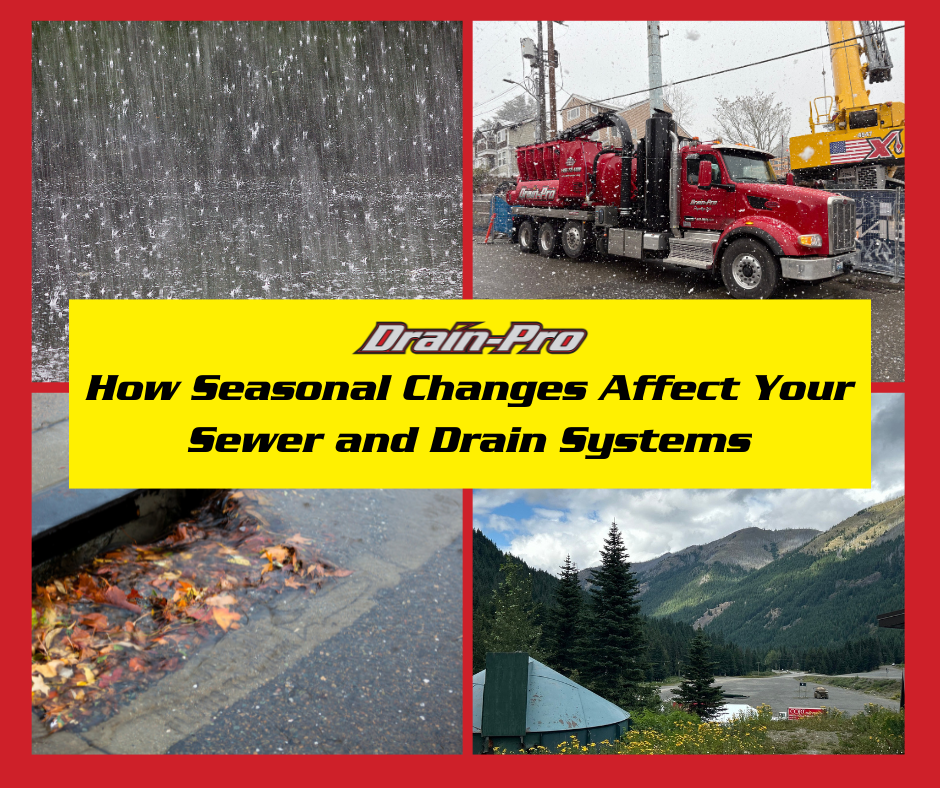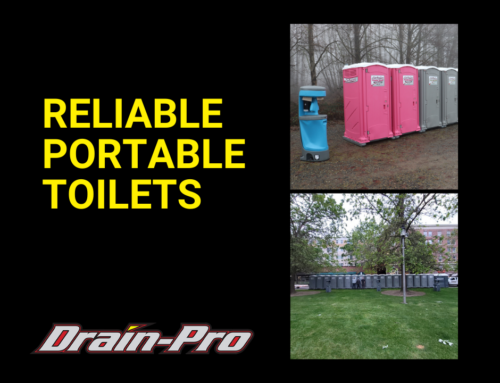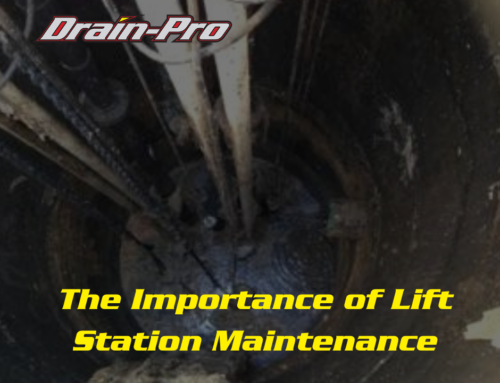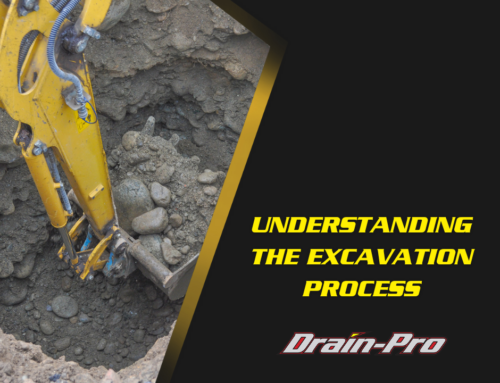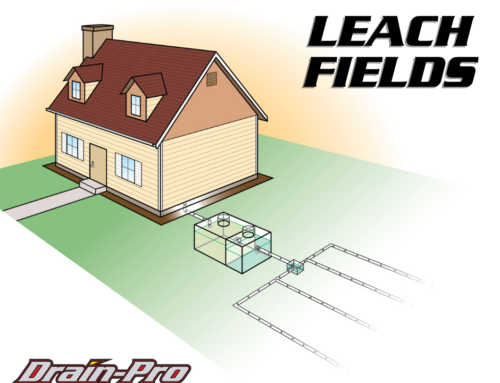Your home or business’s sewer and drainage systems work year-round to keep wastewater
moving efficiently, but did you know that seasonal changes can have a significant impact on
their performance? From winter freezes to summer storms, each season brings unique
challenges that can lead to clogs, backups, and even structural damage if not properly
managed. Understanding how weather affects your plumbing can help you take preventative
steps to avoid costly repairs and emergency service calls.
Winter: The Risk of Frozen and Bursting Pipes
Cold temperatures can be one of the biggest threats to sewer and drain systems. When
temperatures drop below freezing, pipes can contract, and any water trapped inside can freeze.
As water expands when it freezes, it puts immense pressure on pipes, leading to cracks or even
full bursts. This can cause significant water damage and lead to expensive repairs.
How to Prevent Winter Damage:
● Insulate Pipes: Wrap exposed pipes in insulation to protect against freezing
temperatures.
● Keep Water Flowing: Letting a small trickle of water run in extremely cold weather can
prevent pipes from freezing.
● Seal Cracks and Openings: Check for gaps around pipes where cold air could enter
and seal them to reduce freezing risk.
● Maintain Your Sewer Line: Tree roots searching for moisture can invade pipes, and
freezing temperatures can worsen the problem. Regular drain cleaning prevents
blockages.
Spring: Heavy Rains and Sewer Backups
Springtime brings warmer temperatures and an increase in precipitation, which can put a strain
on sewer systems. Heavy rains and snowmelt can overload drainage systems, leading to
backups and localized flooding. If your property has poor drainage, excess water can seep into
basements and cause costly water damage.
How to Prevent Springtime Drain Issues:
● Check Your Storm Drains: Make sure they are clear of debris to allow for proper
drainage.
● Inspect and Maintain Your Sump Pump: If you have a basement, ensure your sump
pump is working before heavy rain seasons.
● Schedule a Sewer Inspection: An early spring inspection can identify any damage
caused by winter and prevent major issues.
Summer: Droughts and Increased Usage
During the summer, sewer and drainage systems often experience increased usage due to
irrigation, outdoor water activities, and higher temperatures. Drought conditions can also cause
the ground to shift, leading to cracks in underground pipes.
How to Prevent Summer Drain Issues:
● Monitor Water Usage: Avoid overloading your system, especially in commercial
settings with high traffic.
● Inspect Sewer Lines for Leaks: Shifting soil can cause pipe misalignment or cracks,
leading to leaks and inefficiency.
● Clean Grease Traps Regularly: If you own a restaurant or commercial kitchen, summer
heat can increase grease buildup in traps, leading to blockages.
Fall: Leaves and Debris Clogging Drains
Autumn is a beautiful season, but falling leaves can create major problems for drainage
systems. Leaves, twigs, and debris can clog storm drains and gutters, preventing proper water
flow and increasing the risk of backups.
How to Prevent Fall Drain Issues:
● Clear Gutters and Storm Drains: Regularly remove leaves and debris to ensure water
can flow freely.
● Install Drain Covers: Prevent large debris from entering your sewer system.
● Schedule a Professional Drain Cleaning: This helps remove buildup before winter,
preventing cold-weather clogs.
Year-Round Maintenance is Key
Each season presents unique challenges for your sewer and drainage systems, but regular
maintenance is the key to preventing major problems. By staying ahead of seasonal changes
and scheduling routine inspections, you can keep your plumbing system functioning properly
year-round.
At Drain-Pro, we specialize in keeping your sewer and drainage systems in top shape, no
matter the season. If you need an inspection, drain cleaning, or emergency repairs, our team is
ready to help. Contact us today to schedule a service and ensure your system is prepared for
whatever the weather brings!


